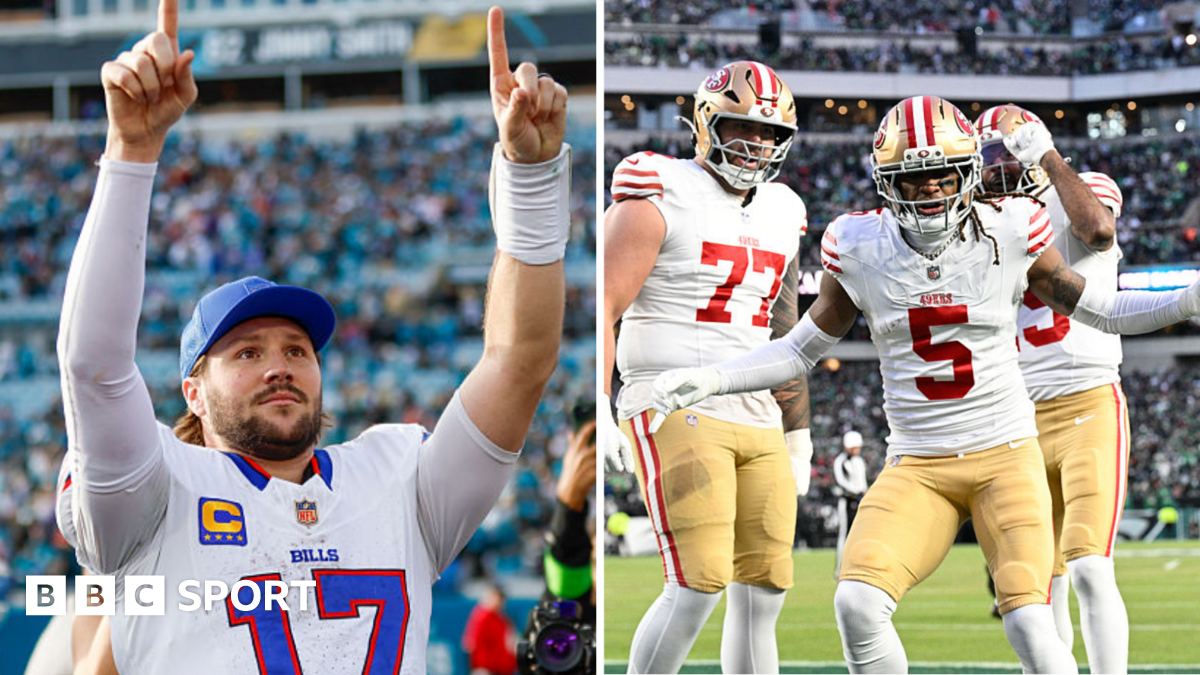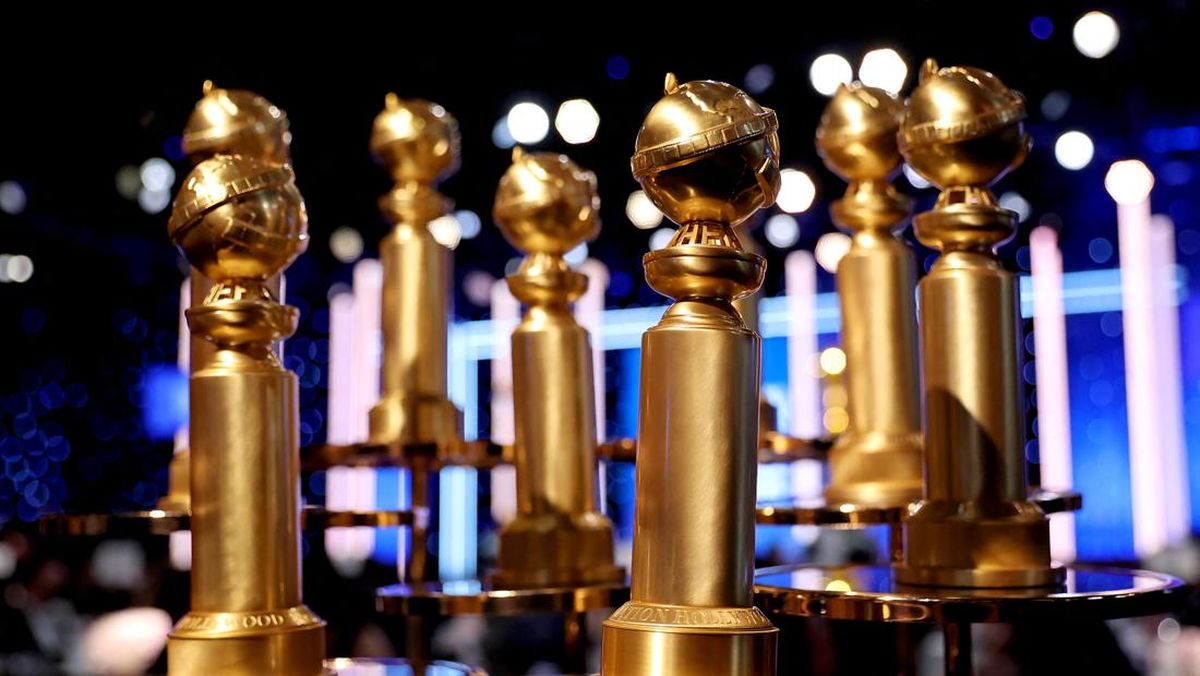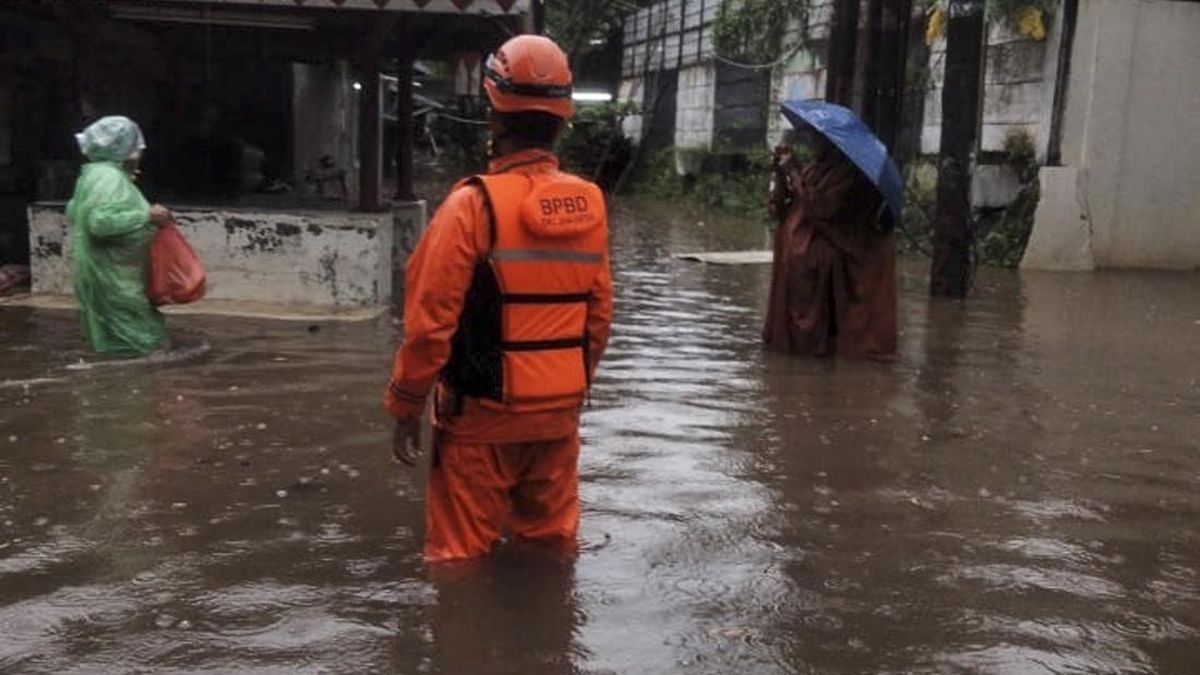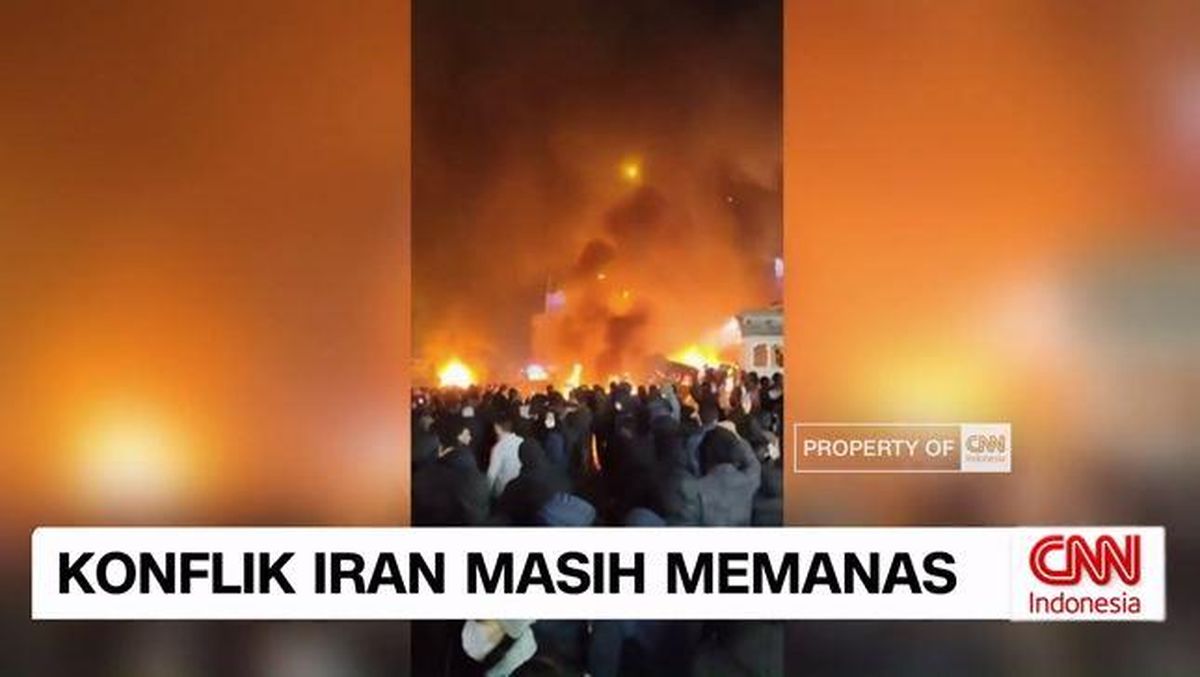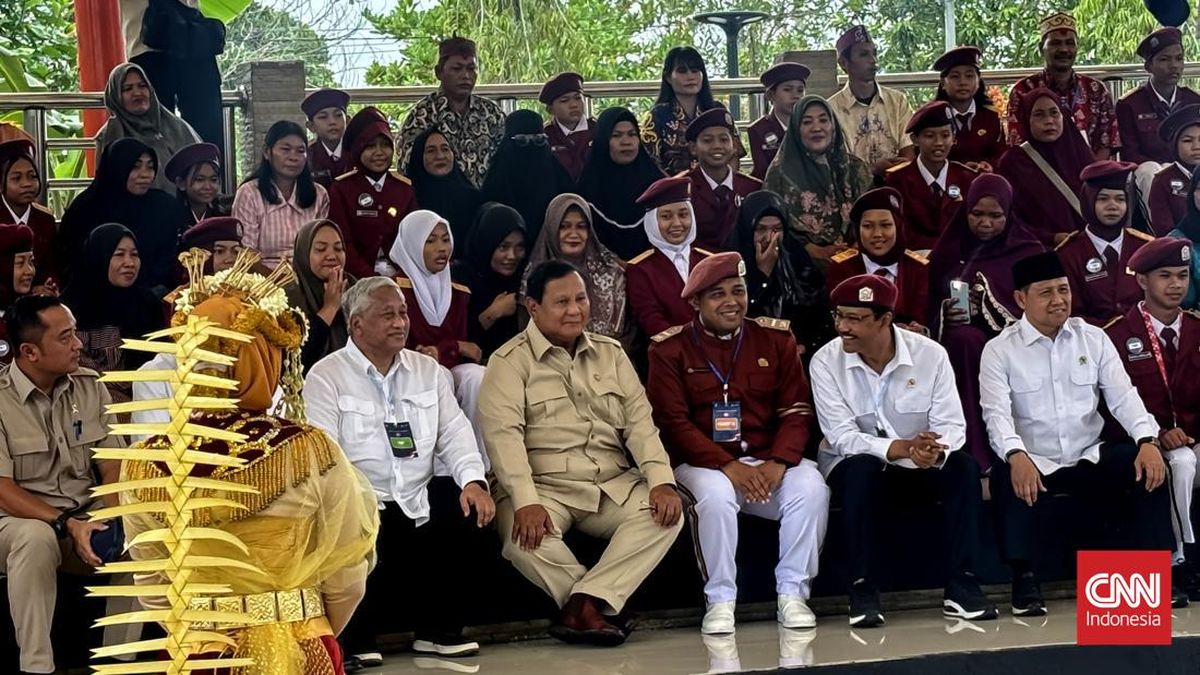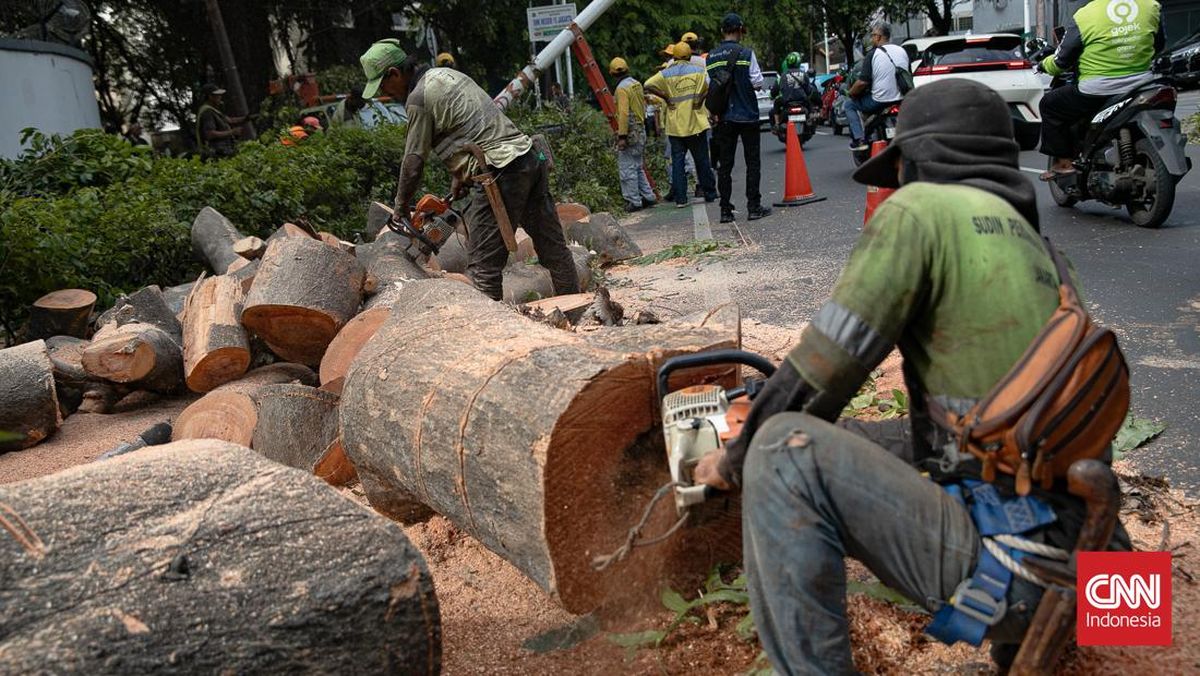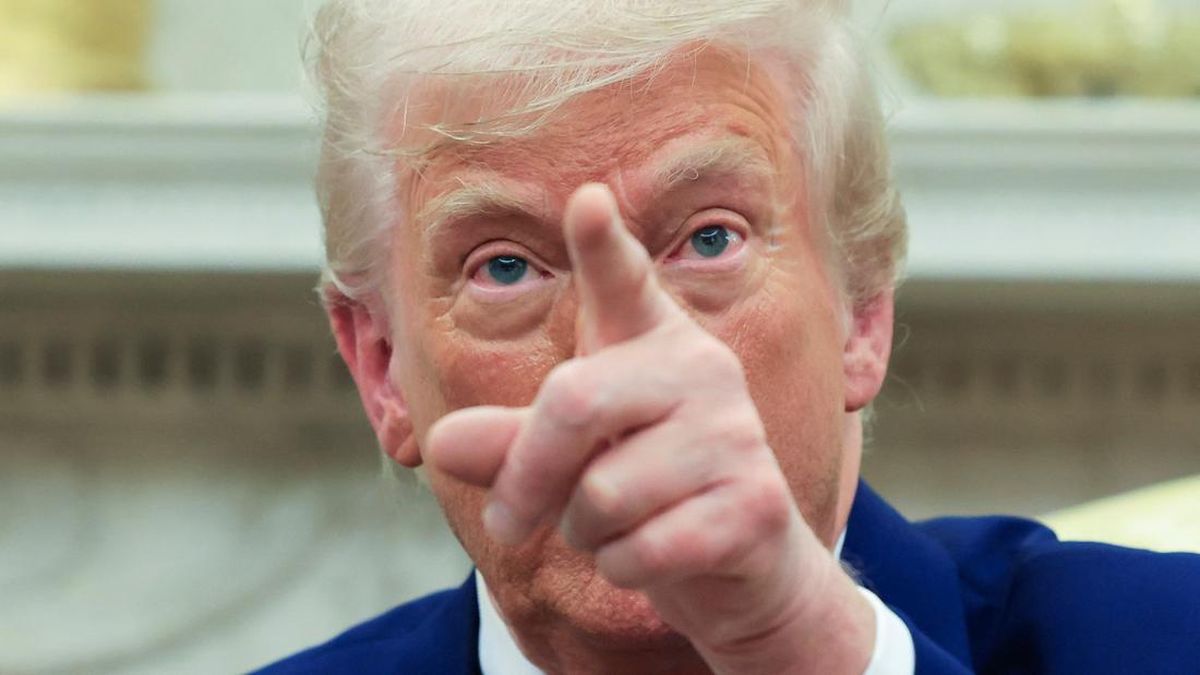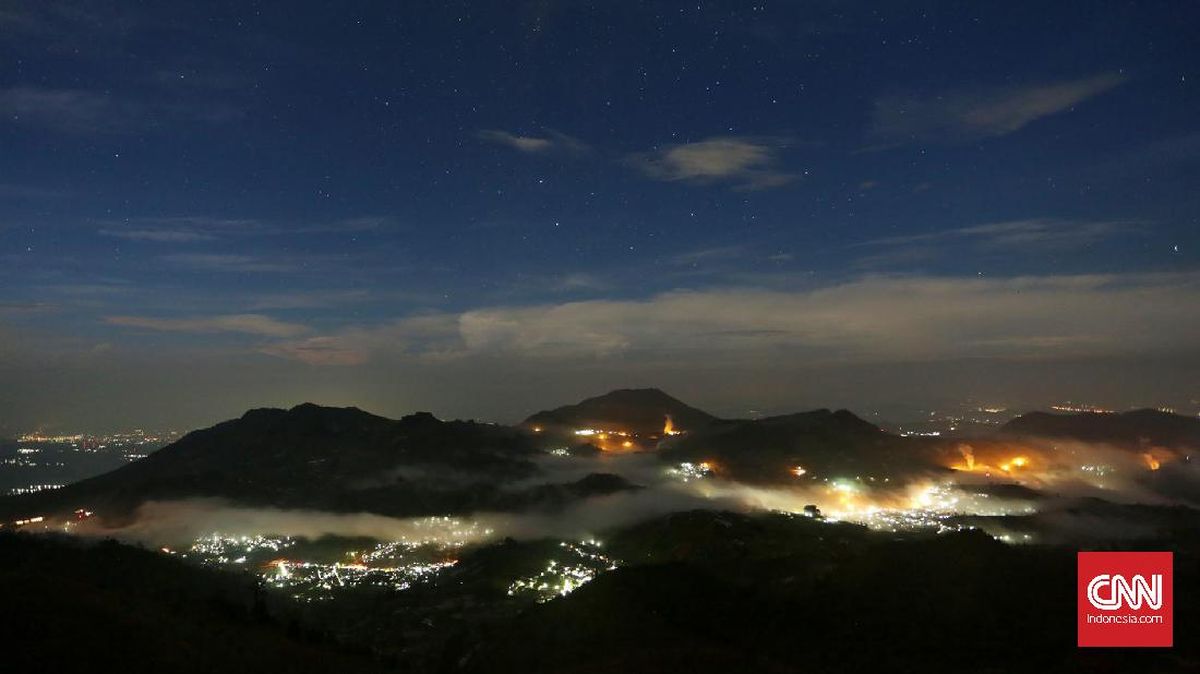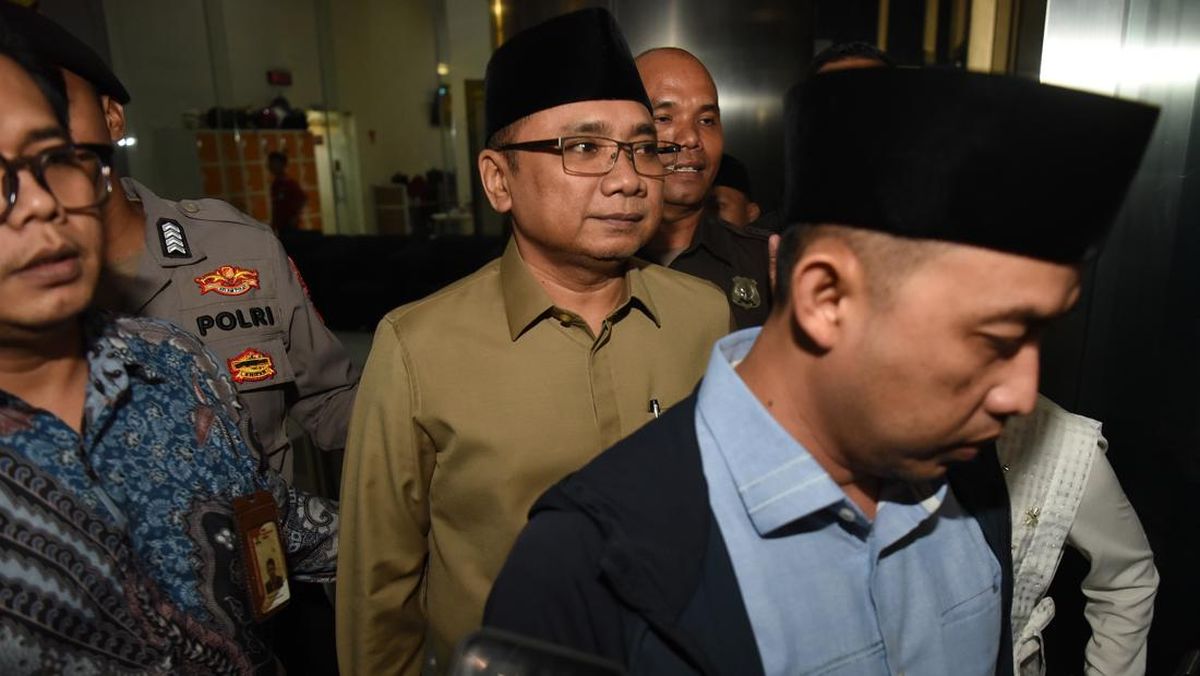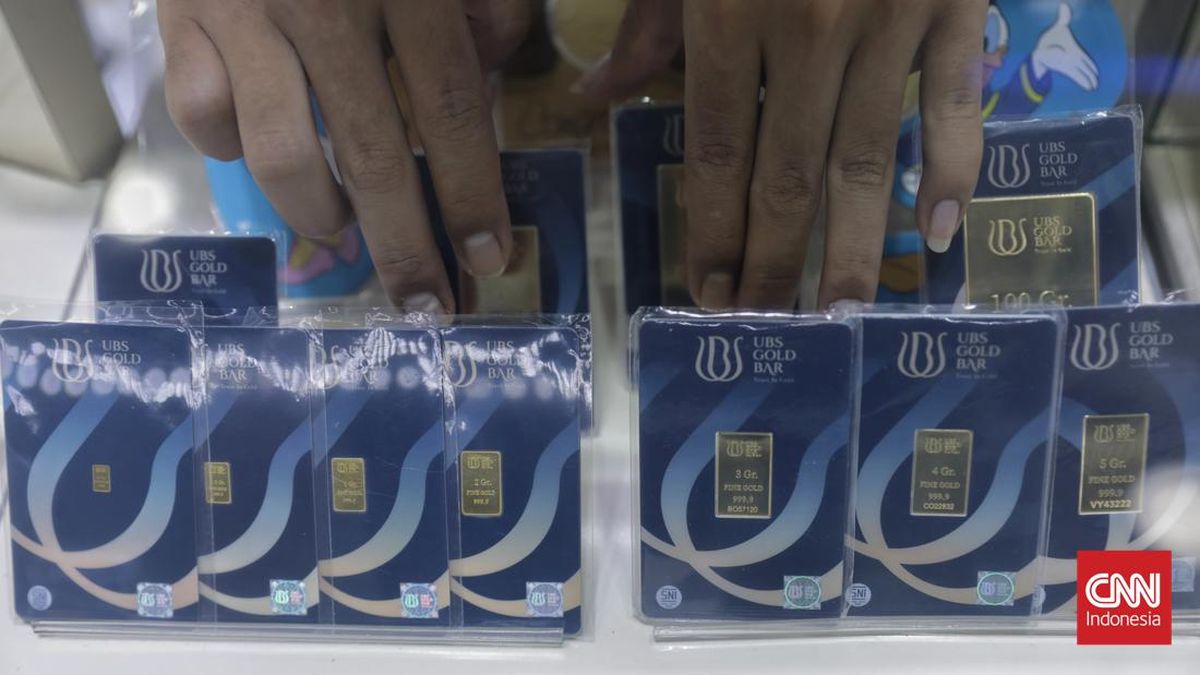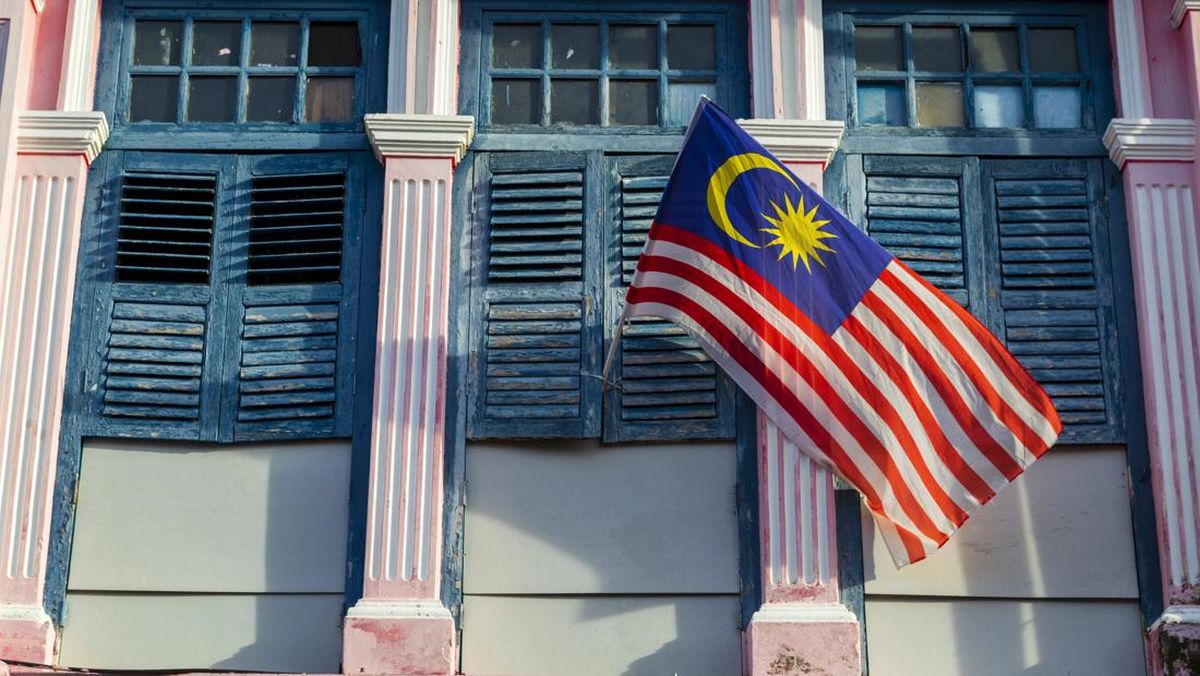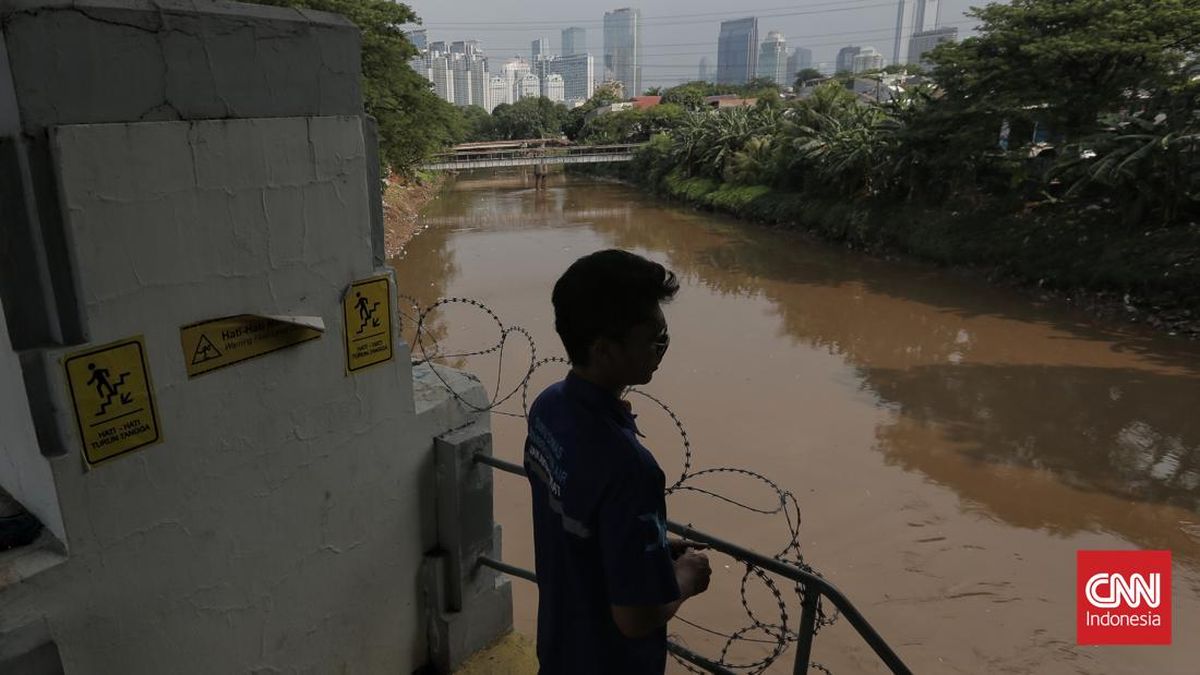So much for cosying up to Trump. Albanese has asserted his independence on day one
New York: By officially recognising Palestinian statehood, Anthony Albanese has done more than send a message to the world about how Australia views the Middle East peace process. He has issued a declaration of independence from the United States and an assertion of Australian sovereignty over its foreign policy.
It’s a bold move, and a risky one. Albanese is breaking with Trump on a totemic, divisive issue just as he tries to establish a personal relationship with the President and lock in the pair’s first meeting.
Albanese has begun his first trip to the US since Trump’s return to office by dangling a lantern over a point of contention, rather than unity in the US-Australia relationship. The government’s decision to recognise Palestine, alongside the United Kingdom and Canada, made a big splash in the US, even leading the website of The New York Times. Accentuating the positives and eliminating the negatives in the bilateral relationship didn’t stand a chance.

Prime Minister Anthony Albanese’s decision to join with the UK and Canada to recognise Palestinian statehood defies the views of the Trump administration. Credit: Marija Ercegovac
Yet if Albanese felt any discomfort about the awkward timing of the announcement, he showed no sign of it when speaking to reporters at United Nations headquarters on Sunday. Albanese was in Trump’s hometown, a block away from one of the real estate mogul’s skyscrapers. Yet cosying up to Trump wasn’t on his agenda. Instead, Albanese rejected Trump’s view that recognising Palestine is a reward for Hamas, the listed terror group that launched the brutal October 7 massacre in Israel. And he kiboshed the idea Australia must be in lockstep with the US on every big global issue.
“This is about Australia’s position and the fact that we’re a sovereign nation. Australia will make decisions based upon our national interests,” Albanese said. He looked relaxed.
Pressed on whether the move would damage ties with the US, he replied: “Our foreign policy isn’t determined in Washington or Beijing or Wellington, for that matter. Our foreign policy is determined around the cabinet table in Canberra.”
Australia is among the last countries in the world to recognise Palestine, but Albanese spoke about the move as if it were uncontroversial common sense.
“If you support two states, it’s not Israel and, you know, something else, and Marrickville,” he said, referring to suburb in his inner-west Sydney electorate. “It’s Israel and Palestine.”
How could Australia simply sit back and do nothing, he asked, while Israel continues to pummel Gaza with bombs and accelerates settlement building in the occupied West Bank?
Furious at Benjamin Netanyahu’s refusal to end the war or countenance a two-state solution, Albanese believes he has put Australia on the right side of history by recognising Palestine. He views it as moral decision, as much as a political one.

Prime Minister Anthony Albanese speaks to Riyad Mansour, the Palestinian ambassador to the UN, at the UN headquarters in New York.Credit: Dominic Lorrimer
As for whether the disagreement over Palestine was the reason he was finding it so challenging to secure a meeting with Trump, Albanese kept it brief. “No is the answer,” he insisted.
That’s true. Australian officials say that, while Trump certainly disagrees with moves by like-minded countries to recognise Palestine, he is not apoplectic about it. Rather than make it a top-tier diplomatic issue, Trump administration officials have mostly spoken about the topic in sorrow rather than in anger.
The reason Trump hasn’t made time to meet Albanese is not because he’s angry about Palestine, but because the evidence suggests he views Australia as something of an afterthought in the geopolitical chess game. Hardly comforting, given how dependent Australia is on the US for its security.
Disagreement over Palestine is just one more irritant in a relationship strained by tensions over tariffs, defence spending and climate change action. British Prime Minister Keir Starmer waited to confirm he was recognising Palestine until Trump had finished his state visit to the United Kingdom to ensure his charm offensive wasn’t overshadowed by disagreement.

Prime Minister Anthony Albanese during a tv interview at the UN HQ ahead of the 80th session of the United Nations General Assembly in New York City, United States of America on the 21th of September 2025.Credit: Dominic Lorrimer
Starmer began building a relationship with Trump before last November’s US presidential election, travelling to meet him during the campaign and calling him to express his best wishes after Trump narrowly survived an assassination attempt. The pair have met in the US and UK this year. By contrast, Albanese is waiting for his first Trump meeting. This means there is less trust between the pair, even though they have shared four friendly phone calls.
This presents a silver lining for Albanese if Trump doesn’t grant him a meeting this week in New York. By the time of their next possible encounter, during summits in Malaysia and South Korea at the end of October, the heat may have gone out of the Palestinian recognition issue as it fades into the distance. Maybe that’s why Albanese appeared so relaxed as he stood in front of the East River on Sunday as Trump World Tower loomed over the Manhattan skyline.
Cut through the noise of federal politics with news, views and expert analysis. Subscribers can sign up to our weekly Inside Politics newsletter.
Most Viewed in Politics
Loading

